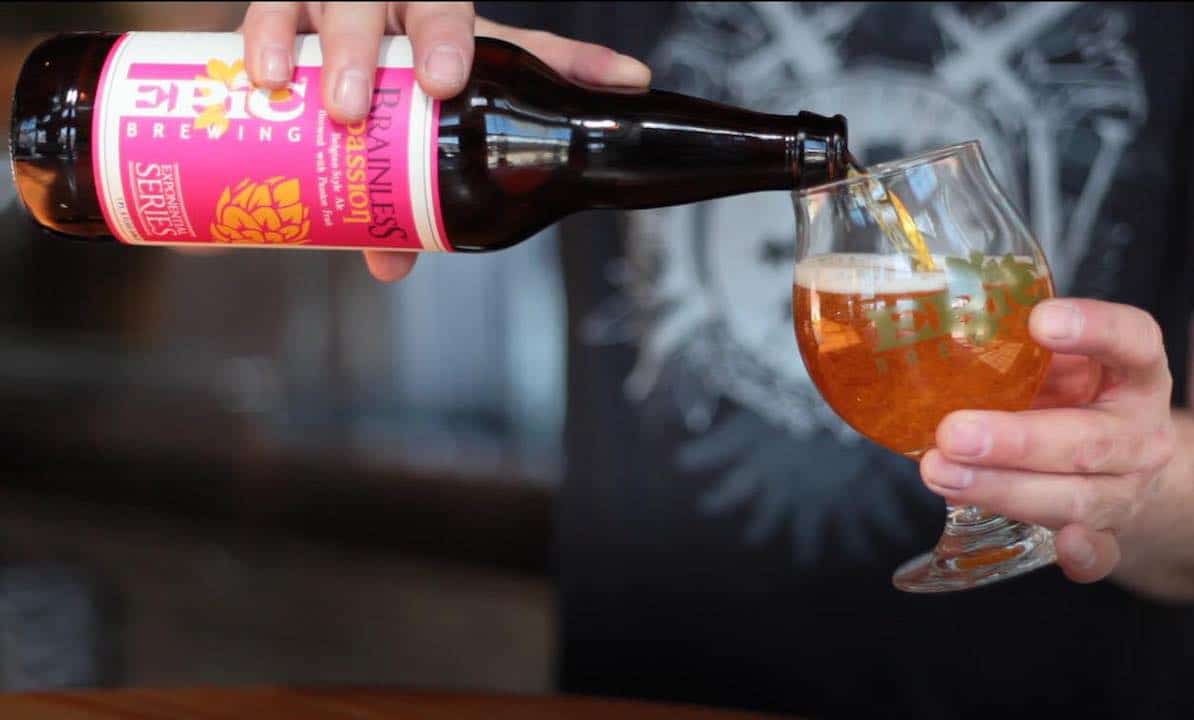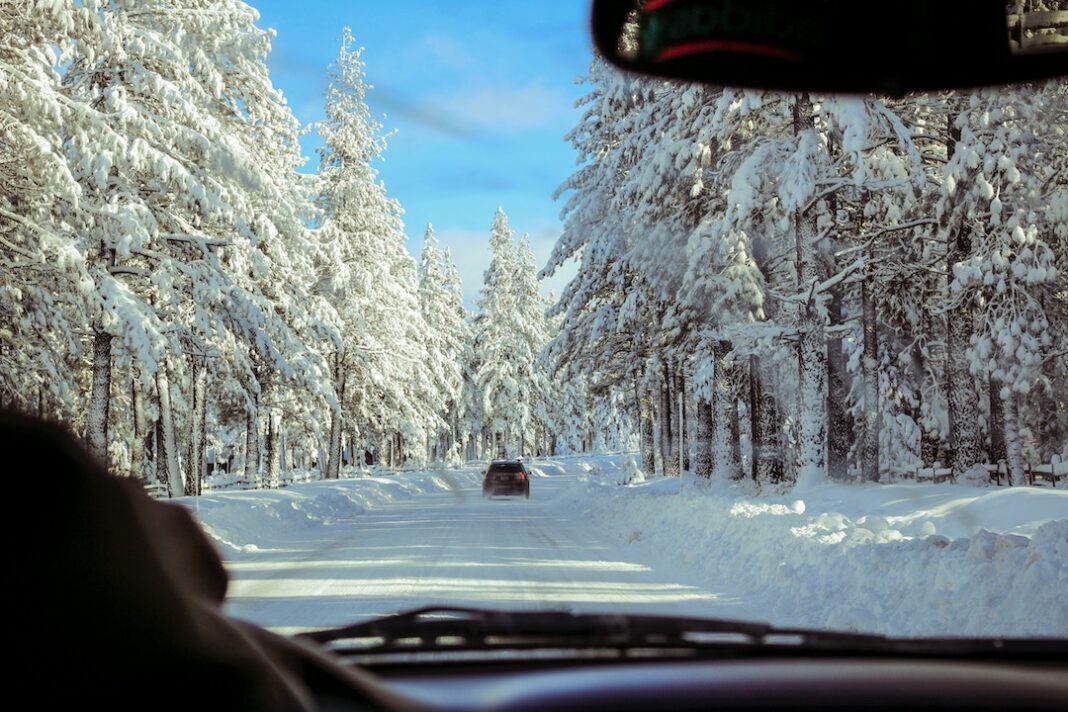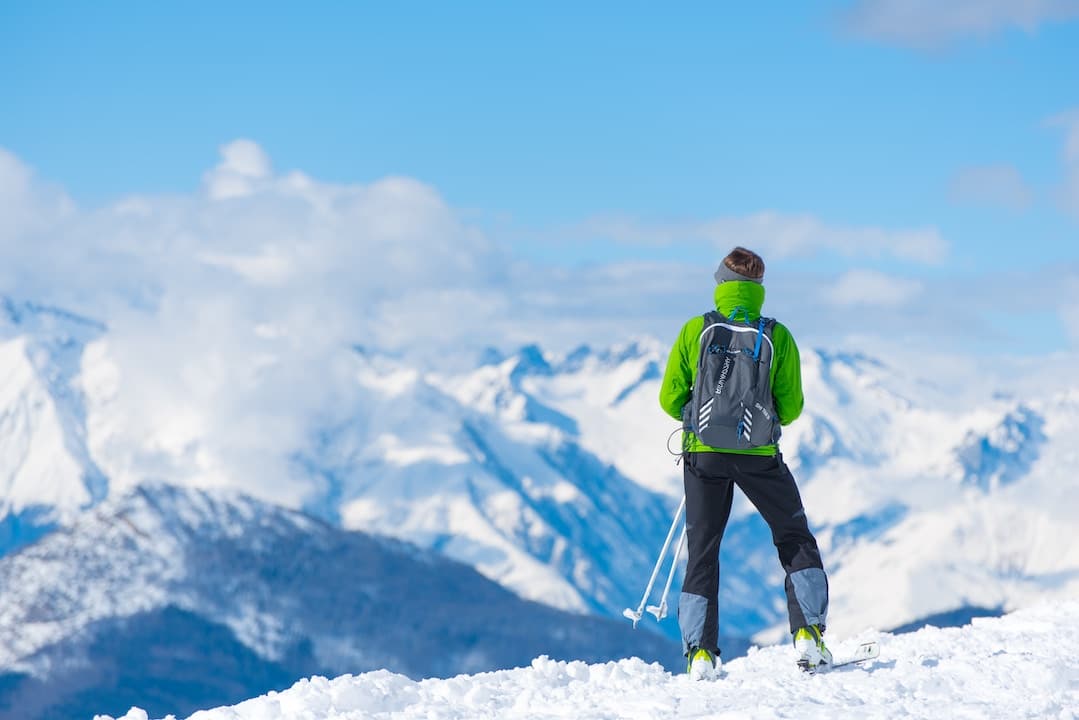If you’re thinking of moving to Denver, Colorado, one of the most important things to consider is the overall cost of living in the Mile High city. To help, we’ve compiled a comprehensive guide on what you can expect to pay as a resident.
1. Rent Prices

Denver is currently the 21st most expensive rental market in the country with a one-bedroom median rent of $1,430 and two-bedroom median of $2,080. Net migration into the region has been strong because of the desirability of the city, and rental prices have increased accordingly.
If you abide by the 30% rule, meaning that you shouldn’t spend more than 30% of your gross monthly salary on rent, you’ll be in good shape. Getting a roommate will help you save on rent, as well, and you’ll have more spending money for those nights out on the town.
Average Rent Prices in Denver Metro Area
Like any metro area, the average price of rent can vary dramatically depending on location. The most expensive area in the region is actually Centennial, with rent for a one-bedroom topping the list at $1,520, and Denver following closely behind at $1,470. The chart below shows rent prices across the Denver metro area as of June 2018.
Keep in mind that these are medians prices, meaning half of all available inventory in an area is actually below the number quoted.
2. Food and Drink

Food prices in Denver, while some might consider expensive, are common for a city of its prominence. In terms of meal prices, expect to pay $10-$15 per person for a casual meal, and $60 or more for a nicer meal for two. For drinks, an average cappuccino will run you $4, while a pint of beer will cost you around $5. And trust us, you’ll want to bring a friend and grab a beer at some of Denver’s hottest new breweries.
3. Utilities
Utilities are relatively affordable in Denver, and are actually below the national average. Residents in Denver pay around $115 in utilities for a 915-square foot apartment, which includes heat, electricity, and water. Internet costs those in Denver around $66. So, in total, expect to pay an average of $181 per month for utilities in Denver.
4. Transportation
Having a Car in the City
Denver is a car-friendly city. When you consider that the Rocky Mountains literally surround the city, it’s easy to see why locals would want their cars to go explore the great outdoors. In fact, its proximity to the mountains is a huge reason Denver is one of the best cities in Colorado to live. Unless you’re in a very central location, such as Downtown, it’s also important to consider the hassle of getting around without a vehicle (picking up groceries, for instance). As always, however, you’ll have to consider the costs associated with car ownership before you make a decision.
Biking in Denver
If you don’t mind dealing with the cold weather in the wintertime, or are just looking for a different commuting option during summer months, biking in Denver is a solid option. Denver B Cycle is a bike sharing program that allows you to pick up and drop off bikes all across the city. If you own your own bicycle, you can of course commute on local roads, or take it out to great bike trails on the weekends.
Public Transportation in Denver
If you’re looking to commute locally via light rail, you can purchase a monthly RTD pass for only $99. Local all-day passes cost $5.20, while regional and airport day passes are $9.00.
Another public transport feature in Denver are the 16th Street Mall shuttles (Mallride Buses). These shuttles are completely free and run across the main 16th Street corridor alongside shops and restaurants.
Car-sharing
If you’re looking to move without a car, but still want the convenience of a vehicle from time to time, car-sharing is a great option. The two main players in the car-sharing game are Zipcar and Car2Go, with eGo Carshare and Maven right behind. Prices for these services vary depending on distance and duration, but can be much more affordable than car ownership. It’s important to calculate your expected usage to compare costs for each option, whether owning a car, renting one, or getting around via bike or public transit.
5. Leisure
The cost of leisure activities in Denver largely depends on what you enjoy doing. In the winter months, some of the best skiing in North America is just a few hours away, though lift tickets can be pricey. A season pass to Vail Resorts, which provides access to all 65 resorts in Denver and beyond, will run you $899 for an adult pass.
That being said, enjoying natural beauty can also be free. There are spectacular hikes in the Rocky Mountains and other areas within a close drive from the city. For those looking for historical points of interest, you’re in luck; check out more than 15 landmarks and historical places in Denver, most of which are free to visit.
Now that you have a better picture of the cost of living in the Mile High, take a read through our guide on Moving to Denver for tips on everything from the hottest neighborhoods, transportation, and activities. So, what are you waiting for? Check out our Denver apartments for rent and find your new home in the Mile High City.
This article was updated on 6/28/18.







